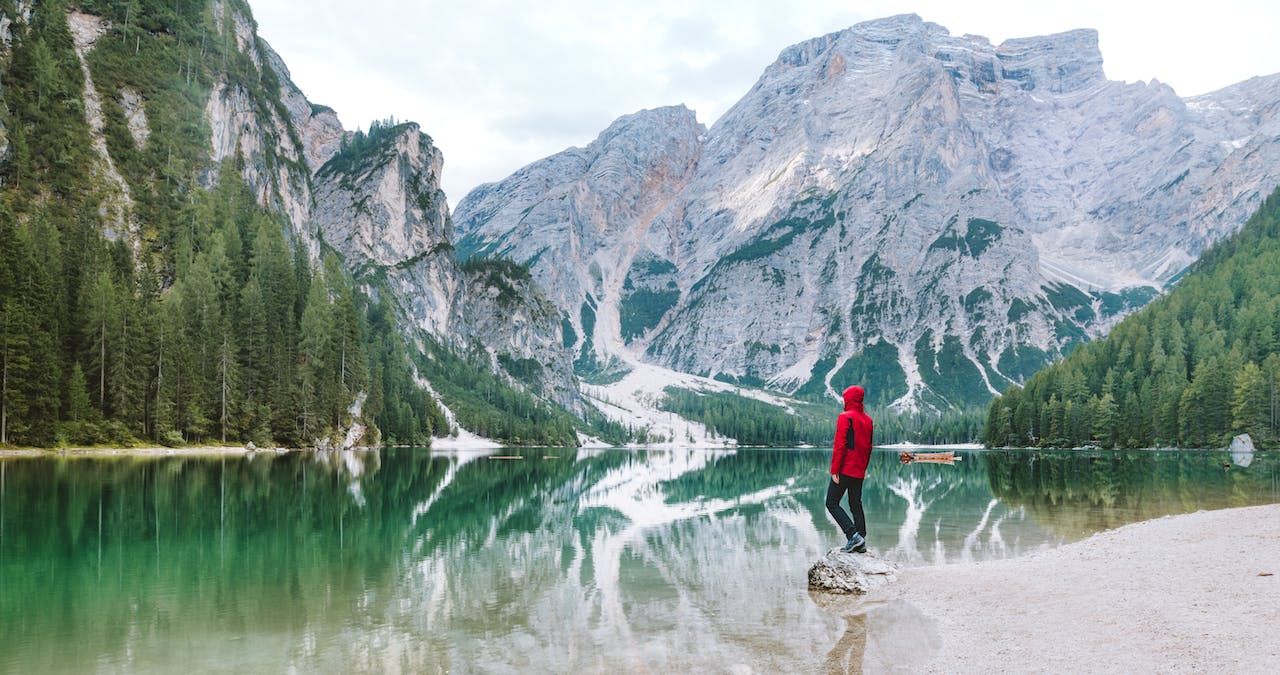Hiking is a rewarding and accessible outdoor activity that allows you to connect with nature, stay active, and explore new landscapes. If you’re a beginner looking to dip your toes into the world of hiking, this step-by-step guide will provide you with the essential information and tips to kickstart your outdoor journey.
**1. Selecting the Right Trail: Begin with Beginner-Friendly Paths
Choosing the right trail is crucial for a positive hiking experience. As a beginner, opt for trails that are well-marked, relatively flat, and have a manageable distance. Look for local parks, nature reserves, or trails rated as easy or moderate. Online resources and hiking apps can help you find suitable options in your area.
**2. Essential Gear: Start Simple and Build Up
While you don’t need an extensive gear collection for your first hike, some essentials will enhance your comfort and safety. Start with the basics:
- Comfortable Footwear: Invest in a pair of sturdy and comfortable hiking boots or shoes. Choose footwear with good traction to navigate various terrains.
- Weather-Appropriate Clothing: Dress in layers and consider the weather conditions. Moisture-wicking fabrics are ideal to keep you dry, and a waterproof jacket can be handy in case of unexpected rain.
- Daypack: Carry a small daypack to hold essentials like water, snacks, a first aid kit, and an extra layer of clothing.
- Navigation Tools: While a smartphone with a hiking app can be helpful, consider bringing a map and compass as backup.
- Hydration: Bring an adequate supply of water, especially if the trail doesn’t have water sources. Hydration is key for an enjoyable hike.
**3. Planning Your Route: Know Your Trail and Stay Informed
Before hitting the trail, take some time to plan your route. Here’s what you should consider:
- Research the Trail: Familiarize yourself with the trail’s difficulty level, length, and any specific features. Knowing what to expect helps you prepare accordingly.
- Check Weather Conditions: Stay updated on the weather forecast for the day of your hike. Dress appropriately and be aware of any potential weather-related challenges.
- Inform Others: If you’re hiking alone, inform someone about your plans, including your intended route and estimated return time. Safety should always be a priority.
**4. Hiking Etiquette: Respect Nature and Fellow Hikers
As a beginner, it’s essential to follow proper hiking etiquette to ensure a positive experience for everyone:
- Stay on Designated Trails: Stick to marked trails to avoid damaging the environment and disrupting local ecosystems.
- Leave No Trace: Pack out all your trash, and follow the Leave No Trace principles to minimize your impact on the environment.
- Yield to Others: If the trail is narrow and you encounter other hikers, yield the right of way. Uphill hikers generally have the right of way.
- Control Your Pets: If you’re hiking with a pet, keep them on a leash and clean up after them. Respect other hikers’ comfort levels around animals.
**5. Building Stamina: Start Slow and Gradually Increase Difficulty
Building stamina is a gradual process, and it’s essential to start at a comfortable pace:
- Choose Easy Trails Initially: Begin with shorter, less strenuous trails. As you gain confidence and stamina, you can gradually progress to more challenging routes.
- Incremental Increases: Gradually increase the distance and difficulty of your hikes. Push yourself a little each time to build endurance without overexertion.
- Listen to Your Body: Pay attention to how your body responds to the hike. If you feel fatigued, take breaks and rest as needed. Over time, your stamina will improve.
**6. Safety First: Be Prepared and Stay Aware
Prioritize safety during your hikes by taking the following precautions:
- First Aid Kit: Carry a basic first aid kit with essentials like bandages, pain relievers, and any personal medications.
- Emergency Contacts: Have a list of emergency contacts, including local authorities and someone who knows your hiking plans.
- Know Your Limits: Recognize your fitness level and experience. Don’t attempt trails that exceed your abilities, especially as a beginner.
- Check Trail Regulations: Be aware of any trail-specific rules or regulations. Some trails may have restrictions or seasonal closures.
**7. Enjoy the Journey: Embrace the Sights and Sounds of Nature
Finally, as you embark on your hiking journey, remember to savor the experience:
- Take Breaks: Pause at scenic spots, rest when needed, and appreciate the beauty of your surroundings.
- Capture Memories: Bring a camera or use your smartphone to capture memorable moments along the trail.
- Immerse Yourself in Nature: Listen to the sounds of birds, the rustle of leaves, and the soothing flow of water. Allow yourself to be fully present in the natural environment.
Embarking on Your Hiking Adventure: A Journey Begins
Hiking for beginners is a journey filled with discovery, both of the natural world and personal capabilities. With careful planning, the right gear, and a respectful approach to nature, your hiking experiences will unfold into a series of rewarding adventures. Lace up your hiking boots, take that first step, and let the trail guide you toward newfound exploration and appreciation for the great outdoors.




